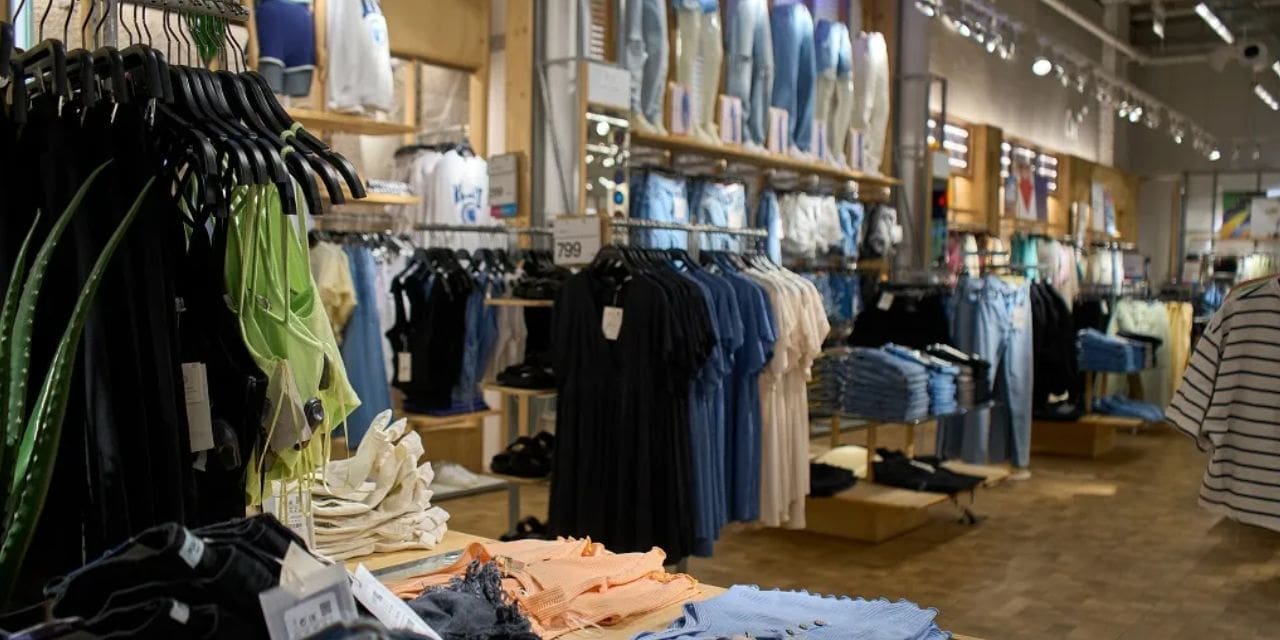China’s dominance of the Japanese apparel market is declining, which has opened up new economic opportunities for the Indian sector. The world’s second-largest spinning and weaving capacity and an abundance of raw materials give the Indian textile sector the chance to contribute 95% of domestic value and provide a full value chain solution, from fibre to fashion.
The chairman of the Garment Export Promotion Council (AEPC), Naren Goenka, stated at Upnext India 2023 that China’s fall in apparel exports over the past five years has given India a considerable edge. Goenka was addressing on Friday at Apparel House in Gurugram after officially opening the first Upnext edition. Goenka stated, “China has been a major supplier of clothing to Japan, but following a trend of decline, the garment industry in India and After the Indo-Japan CEPA agreement, Japan is preparing to enhance this trade by taking advantage of duty-free access for Indian clothing, compared to China and Turkey’s roughly 9%. The Indian apparel sector has advanced to diversifying itself into fresh fields of MMF garments after having established itself in traditional garments, he noted.
An programme called Upnext India is a series of Reverse Buyer-Seller Meetups that began with the first one with Japan on February 10–11, 2023. The Market Access Initiative (MAI) Scheme was utilised by the Indian Ministry of Commerce and Industry to promote Upnext India, which was organised by AEPC. In order to source goods, 84 well-known Japanese buyers, including trade companies and retail chains/stores, were in India. 112 Indian exhibitors met their demand by displaying a wide variety of clothing that reflected Japanese taste. Yagi, Muji, Amina Collection Co. Ltd, United Arrows Ltd, Konaka, Nissenken Quality Evaluation Center, and other well-known Japanese brands attended the show. These brands included Koizumi Apparel Co. Ltd, Marubeni Intex, X Plus Co. Ltd, AIS Xo. Ltd, Indepp Co. Ltd, Aube Co. Ltd, Sumitomo Corporation Kyushu Co. Ltd, and others. The many clothing categories, including the summer and winter collections, were shown by Indian businesses.
Goenka stated, “Japan is the fourth-largest readymade garment (RMG) importer in the world, during a panel discussion. India must take use of its enormous untapped trade potential in the RMG sector and duty-free access to the Japanese market. The Indian government is putting out a PLI scheme that will primarily incorporate RMG, with a focus on expanding India-Japan commerce. Goenka said that the eligibility requirements for this PLI will be much more straightforward, which will largely address the problem of capacity creation.
Japanese companies have two competitive advantages as a foundation for garment sourcing, according to Sudhir Sekhri, vice chairman of AEPC: sourcing cost and flexibility and agility. Small customised orders of 300 pieces and large orders of 3 lakh pieces of one type can both be fulfilled by Indian vendors. Despite COVID-19, garment imports into Japan have increased over the past three years, providing a significant opportunity for India’s apparel industry.
Chairman of the AEPC’s fairs and exhibitions, Ashok G. Rajani “Upnext India looks forward to establishing connections between the Indian exporter community and buyers around the world, beginning with Japan,” it was stated. Reverse Buyer-Seller Meet 2023’s Japan-focused edition welcomed interested clothes and fashion accessory exporters, giving them a platform to interact with Japanese companies and purchasers. Through this event, we hope to help Japanese brands plan for further sourcing from India.
The two days of Upnext India 2023 also featured startup theme pavilions in the fields of sustainability and technology, two extremely important areas where the Indian apparel sector is undergoing significant transformations. India sold RMG worth $0.22 billion to Japan with a share of 0.9% in 2022, whilst Japan imported RMG worth $23 billion (until November). This shows that there is a great opportunity for Japanese RMG importers and Indian apparel producers to close the gap and start a new era in the India-Japan apparel trade.

